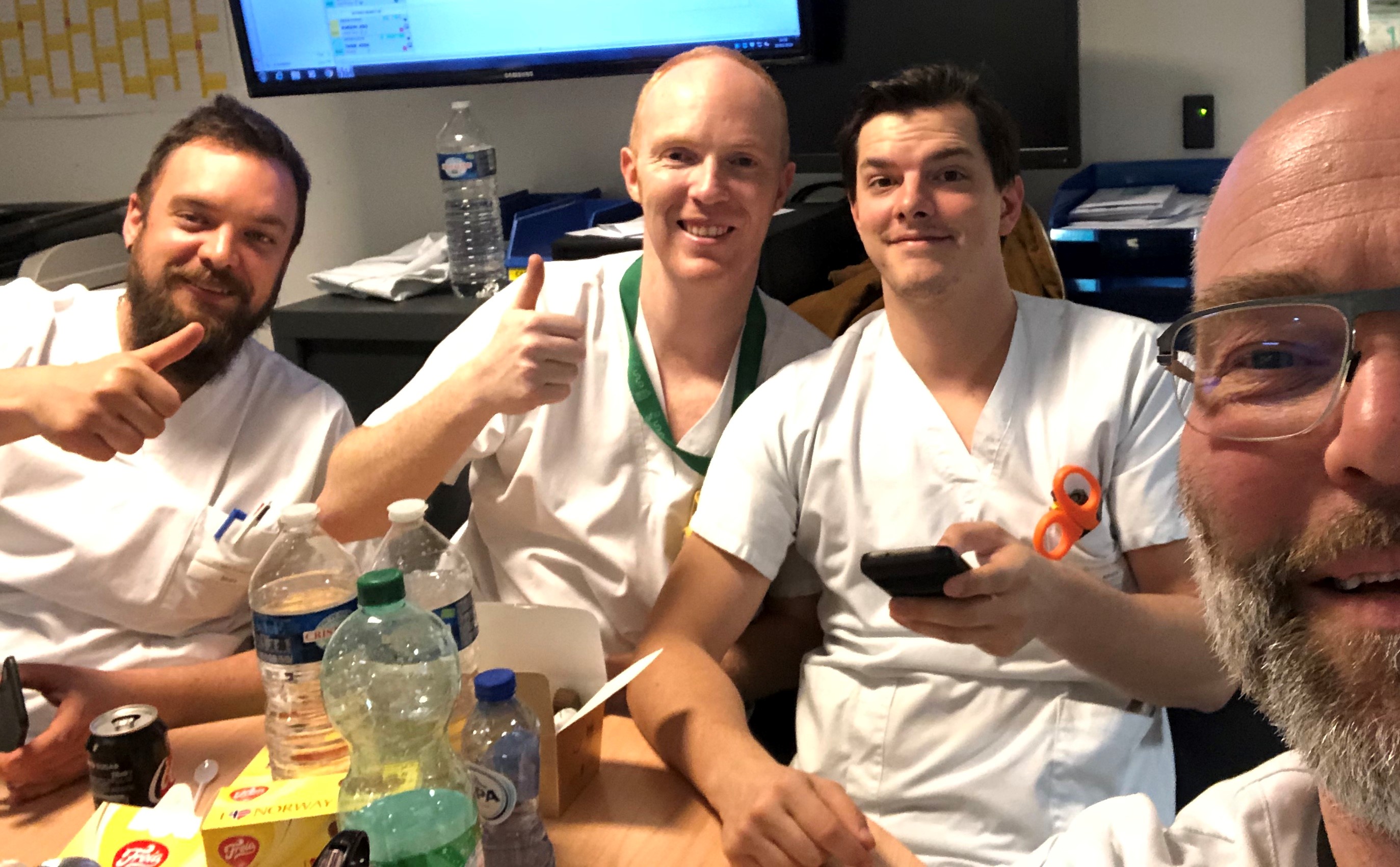From Norway to Belgium
Through EfCCNa’s homepages, I found the “Exchange programme” https://www.efccna.org/education/exchange-programme and contacted EfCCNa’s Norwegian international contact person Mathilde Christensen who contacted Belgium’s international contact person Arnaud Bruyneel. He suggested some hospitals from which I could choose. However, some of the hospitals had an absolute demand that I could speak French, one of the official languages in Belgium – which I do not. Nevertheless, I finally ended up at CHU Brugman where Yves Maule made an excellent schedule for me for an interesting week.
I will most definitely recommend the exchange-programme. Having insight in other work cultures is most rewarding and raises awareness to the work in your own unit.
Start the process early. Make your self an opinion on what you want from the exchange. Prepare a presentation of your own unit. Show photos and statistics on the population you serve and average days admitted, days on ventilator and such. This is always interesting to others with similar work and makes a basis to compare. Remember that this is an exchange – and it works both ways.
Talk to your colleagues before you go on an exchange, to find out what do we want to know? How do others solve their challenges? What are their procedures on different tasks? It is always interesting to know how others approach issues, and are their approach different from ours?